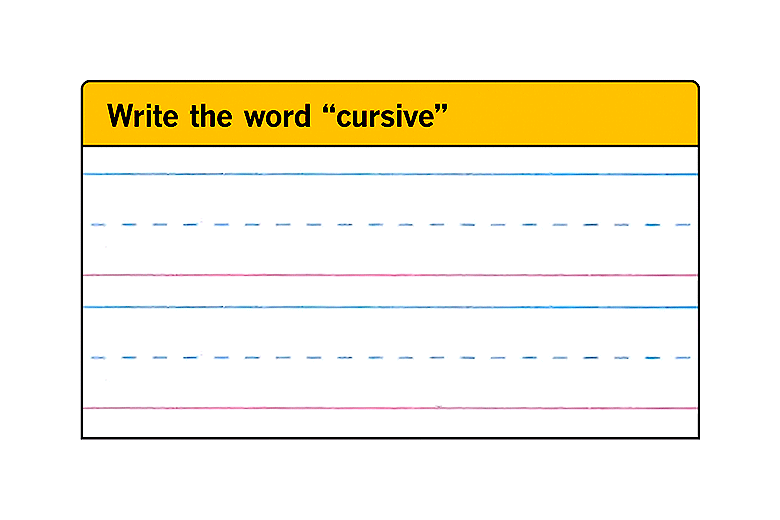A Virtual Language Packed With Meaning
- Share via
U may have noticed some odd phrases slipping into ur kids’ e-mails lately.
Like when they mention that ur life sux and theirs doesn’t, then quickly add JK, for just kidding. U know they really luv u, even though u r an annoying POS (parent over shoulder) with a total SOHF (sense of humor failure) who doesn’t have a clue what u r saying b/cuz u seem to be writing in code.
FWIW (for what it’s worth), folks, a new idiom has been born.
Across the land, every night--often when they’re supposed to be doing their homework--teenagers and their ilk are yakking online in chat rooms with friends and Net acquaintances, many of whom are conversing at the same time.
It’s fast: Try talking to six people at once. It’s brief: three or four words per exchange. It takes wit, concentration and nimble fingers. And it requires tremendous linguistic economy. There’s neither time nor space for exposition.
The solution is to abbreviate, contract and condense. Why, for example, consume precious keystrokes telling six friends you have to go smack your little brother when “BRB” (be right back) will do?
Want to enter an ongoing conversation? Just type “PMFJI”(pardon me for jumping in).
Interested in whom you’re talking to? Type “A/S/L,” the nearly universal request to know your correspondent’s age, sex and location. (Sample response: “15/M/NY.”)
If something cracks you up, say you’re OTF (on the floor) or LOL (laughing out loud) or even ROTFL (rolling on the floor laughing).
And when your POS finally makes you get back to your geometry, it’s a snap to type “GTG” (got to go) or “TTYL” (talk to you later).
C?
It’s far from the first time a mysterious lexicon has bloomed. There’s already medicalese, legalese and Pentagonese. Sports jargon can be a cipher, and so can the personal ads and the game of bridge.
And don’t think this new lingo is limited to teens. Plenty of adults talk the talk, or type the type, all day at work.
The In-Group of Real-Time
The new argot is the result, in part, of computer services that allow users to compile “buddy lists” of friends and family and construct a more-or-less exclusive chat network that can be accessed any time.
America Online’s Instant Messenger system appears to be the biggest. It has an estimated 75 million users sending more than 700 million real-time messages a day and has given the verb “IMing” to the phenomenon.
But the language is also used in the more public chat venues, where chatters from all over the world come and go and the talk scrolls by like endless movie credits.
While many adults argue that they regularly use the argot for business and pleasure and that a lot of the terms have been rattling around the Net for years, it seems best suited to the rapid-fire lifestyle of youth.
“They want to write as fast as possible, and they want to get their ideas across as quickly as they can,” says Jane Mount, co-founder of Manhattan-based Bolt, one of the country’s leading Net sites--https://www.bolt.com--for teens.
Capital letters get left in the dust, except when expressing emotion. “It takes more time to hold down ‘shift’ and use capitals,” Mount says. “Punctuation is going,” too.
Many scholars see it as an old phenomenon that can be traced back to “RSVP,” “BYOB,” “FYI,” and even the hallowed complimentary close in 19th-century letters, “Yr Mst Ob Svt” (your most obedient servant).
“It’s very natural,” says Robert Kraut, professor of social psychology and human-computer interaction at Pittsburgh’s Carnegie Mellon University, part of the human tendency to shorten and contract words for economy’s sake.
Plus, it carries a certain hip, in-crowd exclusivity and can serve as effective code against a prying POS.
Users “learn a kind of vocabulary that is group-specific, that makes communication more efficient and excludes others from learning what they’re talking about,” Kraut says. “It’s really good for teenagers who don’t want their parents to know what’s going on.”
“It’s just the standard human mechanism of differentiating in-groups from out-groups getting applied to a new setting,” he says.
Donna Jo Napoli, chairwoman of the linguistics department at Swarthmore College, outside Philadelphia, says the same tendency occurs in foreign languages and even in sign language.
“It’s actually not that new,” she says. “It’s a question of speed. And it shows how up you are, how cool you are: Do you know the latest that people are doing? You feel kind of proud of yourself when you recognize it. It’s weird to call it a language. But it’s a visual language.”
She notes that sometimes an abbreviation or acronym can become so widely used it becomes lodged permanently in language, while the original meaning of its words becomes foggy and sometimes forgotten: scuba, radar and AWOL, for example.
Mount, of Bolt, says: “As more people spend more of their working day digitally communicating with each other, a lot of these things will start entering the mainstream.”
To some people, she says, “it seems like the death of language.” But for others, words are being born.
There’s already at least one alternative dictionary, just for netcronyms. Tribal Voice, a Scotts Valley, Calif., company that has its own instant messaging system with 6 million users, started it in October with 800 entries, beginning with A/S/L and ending with ZZZ, for sleep.
You can find it--and add to it--at https://www.chatdictionary.com. At last count, it was nearly 1,400 entries and growing.
Well, G2G for now. C-U-L8R.
POOF.






